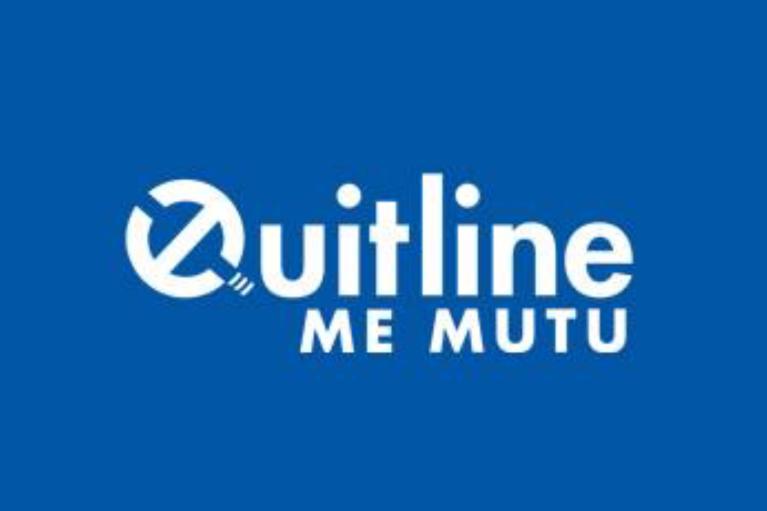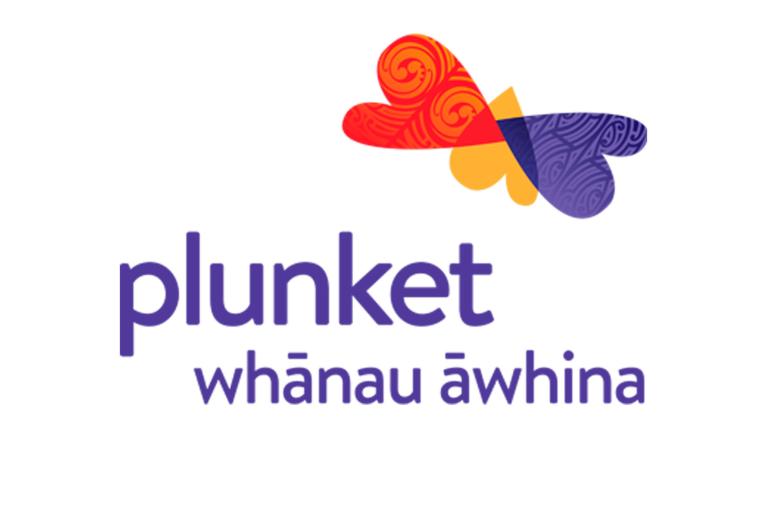In this video, we we meet Amiria and Watene and their two children, Tawhai and Kahukura. Tawhai is 15 months old. Watch as Erika, the Well Child Tamariki Ora nurse, visits for Tawhai's 15-month-old check. Find out about safety in the home and how you can help your child learn and develop.
Source: Ministry of Health
transcribeTranscript
Title: Your Child: One to Two Years. Episode 10 of 15.
Title: Amiria & Watene’s Whānau
[Shots of Amiria and Watene’s family photographs.]
Amiria (voice-over): The biggest thing for me with my kids is knowing that they're happy, and that they're taken care of and shown that they'll always be loved.
[Shot of Tawhai.]
Title: Tawhai, 15 months old
[Interview with Amiria.]
Amiria: My name's Amiria. I'm twenty-seven. I have two kids – Kahukura, she's five, and Tawhai is fifteen months.
[Shots of Tawhai playing.]
Amiria (voice-over): Tawhai – he's full of energy, nonstop. He doesn't really sit down. He's very, very active. Other than his energy, he's such a peaceful, good baby.
[Erika arrives as Amiria’s house.]
Amiria (voice-over): The kids' Tamariki Ora Nurse is Erika.
[Interview with Erika.]
Title: Erika Ware, Well Child Tamariki Ora Nurse
Erika: Kia ora. I'm Erika and I'm here to see Amiria and Tawhai. Some of the things that we'll be assessing today with Tawhai is his general health, his development, his speech development – where he's at with that.
[Interview with Amiria.]
Amiria: You know, you don't have all the answers, but people like her are there to support. They’re there for you to ask any questions you may have.
[Amiria and Erika play with Tawhai.]
Erika: It's all normal and all part of the age and stage.
[Amiria reads picture books with her children.]
Erika (voice-over): Some of the things we can help with our children's learning and development are things like taking the time to read to them, sing to them, play with them. Talking's very important as well.
[Shots of Amiria showing her children how to use a poi.]
[Interview with Amiria.]
Amiria: There's so much you can do when it comes to safety, but you need to be able to let them learn as well.
[Interview with Erika.]
Erika: The number one important thing with safety in the home is always assessing what could be a potential problem. Children are learning how to walk and thinking they can run but they can't. Those kinds of things, we just need to think about.
[Interview with Amiria.]
Amiria: He's quite strong, so he's pulling himself up on cupboards, trying to get on the bookshelf, tables.
[Amiria secures a kitchen cupboard by putting a rubber band around the handles.]
Amiria (voice-over): I've had to put rubber bands around all the handles so that he can't get in. Just keeping a good eye on him because he's so active at this stage.
[Amiria feeds Tawhai an apple.]
Erika (voice-over): The basic steps for caring for teeth are getting our children into brushing morning and night, brushing for them after they've had a little bit of a turn, and making sure that we use soft toothbrushes and family fluoride toothpaste.
[Watene takes Tawhai outside to pick apples from a tree.]
Amiria (voice-over): My partner's a pretty active person. He likes to take the kids outside. The spare time that he does get, he makes the most of – spending with the kids – which I really love.
[Shots of Tawhai sleeping in his cot.]
Amiria (voice-over): I think it was about 10 months, we moved him into his own room. He's in his own room now. He's sleeping through the night. That did take a bit of effort from me and my partner to keep consistent with our routine.
[Tawhai attempts to swing a poi.]
Amiria (voice-over): What's important to our family is my kids knowing a bit about their identity. That's something that I encourage other Māori and Pacific families – be proud about your heritage and your whakapapa, and pass a little bit of that knowledge on to your kids. As much as you can.
Title: Our thanks to the families and health workers who appeared in this video for the Ministry of Health.
The biggest thing for me with my kids is knowing that they're happy, and that they're taken care of and shown that they'll always be loved.
Your child from 1 to 2 years
In the video, we hear from Erika, a Well Child Tamariki Ora nurse. She explains ...
Some of the things we can help with our children's learning and development are things like taking the time to read to them, sing to them, play with them. Talking's very important as well.
The number one important thing with safety in the home is always assessing what could be a potential problem. Children are learning how to walk and thinking they can run but they can't. Those kinds of things, we just need to think about.
The basic steps for caring for teeth are getting our children into brushing morning and night, brushing for them after they've had a little bit of a turn, and making sure that we use soft toothbrushes and family fluoride toothpaste.
Sleep needs
Pēpi need sleep to grow and develop. Sleep needs vary and change as they grow. Knowing what to expect at each stage helps you understand your baby's sleep needs as they grow.
Normal Sleep - Toddlers 1 To 3 Years
Safe sleep
Tips when putting pēpi to sleep
- face up
- lay pēpi flat on their back
- face clear
- gentle handling of pēpi
Teeth
Your child will have most of their baby teeth by the age of 2. Healthy baby teeth usually mean healthy adult teeth too, so it's important you look after your child's first teeth.
Caring For Your Child's Teeth: 1 To 5 Years
Eating and nutrition
Pēpi have usually grown and developed enough to start eating solid food by around 6 months. There are lots of things you can do to help your baby learn healthy eating habits right from the start. See the section on starting solids and healthy eating for more tips.
Development
Tamariki are natural learners and between birth and 5 years, tamariki grow and learn at the fastest rate of their lifetime. There are many ways of learning - tamariki learn by watching, by listening and especially by doing. See the section on learning and development for more information.
Safe home environment
Make sure your home environment is safe for your baby. Never leave tamariki, especially those under 5 years of age, unsupervised near water, including baths, buckets and water troughs. Keep medicine in a high place out of reach and out of sight of children. See the section on safety for more tips.
An App To Help You Make Your Home Safe For Tamariki
Managing tantrums
Tantrums are common in tamariki (children). They are a normal part of child development. Find out about what may trigger tantrums in your child and what you can do when they happen.
Toilet training
Not all tamariki are the same when it comes to toilet training. You may see signs that your child is ready for toilet training from around 2 years old. Some tamariki may be ready from as early as 18 months. Learn about the signs tamariki show when they are ready for toilet training.
Smoke-free environment
Make sure your baby's environment is smoke-free. Cigarette smoke is very harmful for your child.
If you want to give up smoking or vaping, contact Quitline or talk with your health professional.

If you want to give up smoking or vaping call Quitline free on 0800 778 778. Quitline can provide free support and advice to help you or someone in your whānau quit smoking. Visit their website for more information.
When to see a health professional
Pēpi and young tamariki get sick often – it's a normal part of childhood. Get help quickly if your child shows any danger signs. See the page with advice about when to seek help if your child is sick.
PlunketLine is available 24 hours a day, 7 days a week, on 0800 933 922 for advice and support for you, your baby and your whānau. Calls are free from cell phones. You do not need to be registered with Plunket to use this service.

